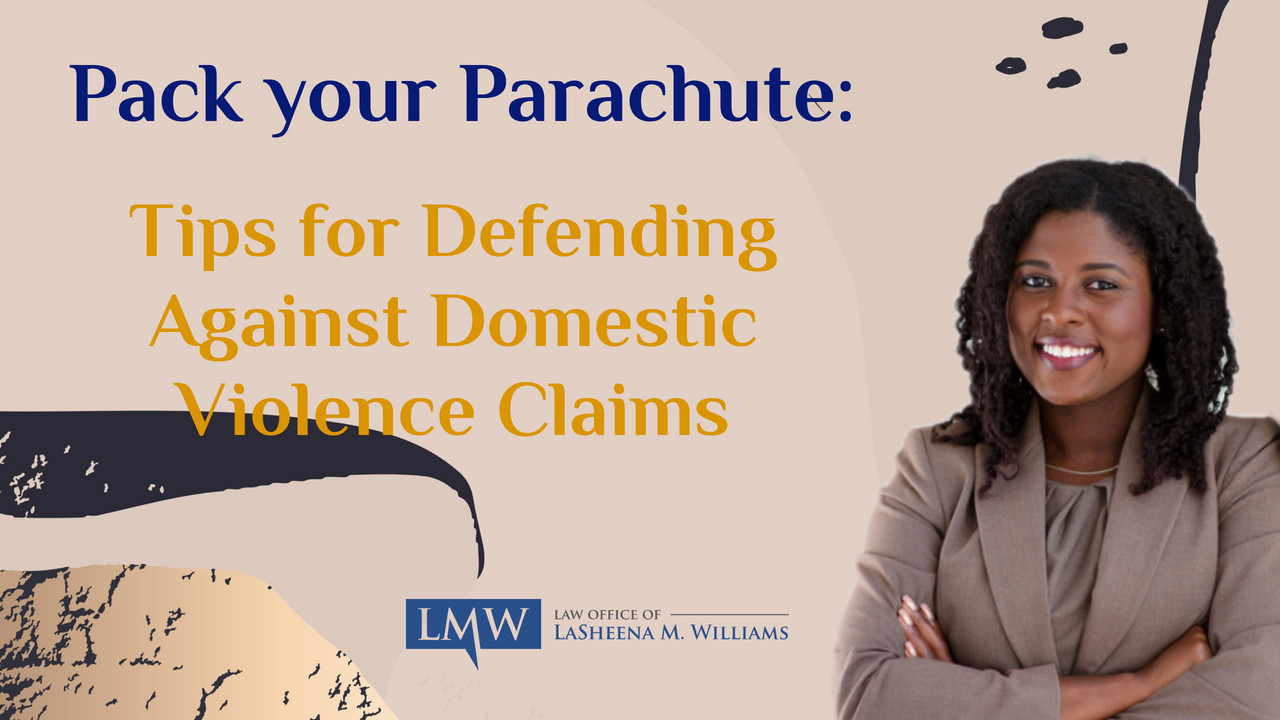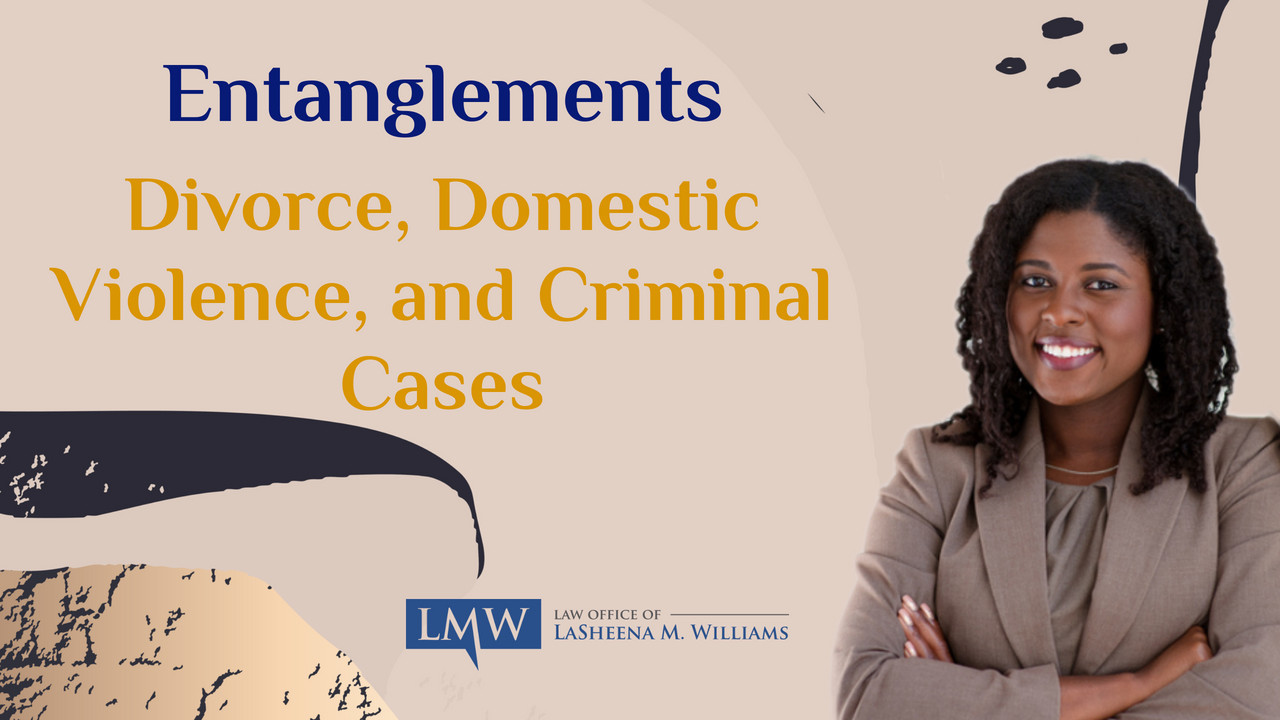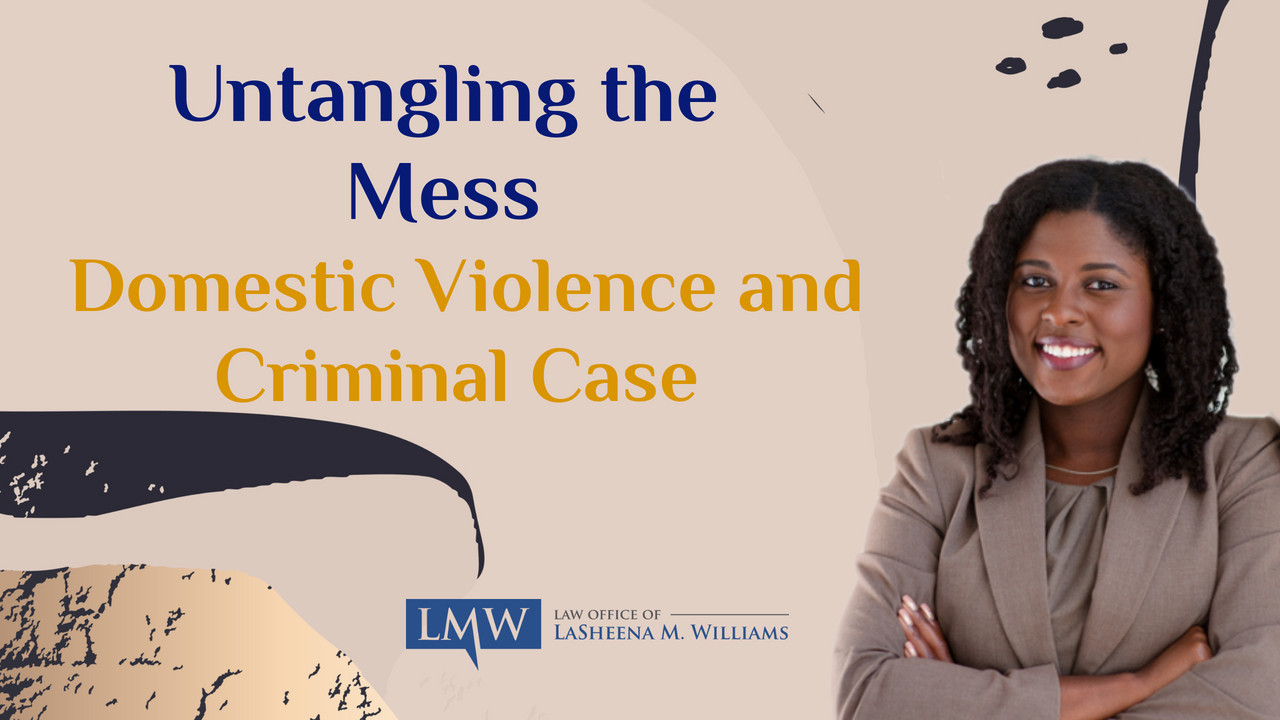Every year, Maryland’s legislature passes laws that shape how family law cases are handled throughout Maryland. For example, last year’s addition of “Mutual Consent” as a grounds for divorce has allowed thousands of Maryland families to efficiently divorce without the lengthy time requirements and costs associated with other divorce grounds.
Here is a look at several new laws that, beginning this year, may potentially change the face of family law:
1. Witnesses are no longer required to corroborate testimony for voluntary divorces (House Bill 274)
This new law eliminates the witness requirement for a party seeking a divorce on the grounds of voluntary separation. This law will significantly impact parties seeking an absolute divorce on the grounds of Mutual Consent or One-Year Separation. Previously, there was confusion as to whether the parties were required to have a witness for obtaining a mutual consent divorce, but the legislators’ repeal of this requirement makes it clear that a witness is no longer required to corroborate the voluntariness of the separation.
2. Every county in Maryland must now maintain a qualified list of evaluators who are approved to make assessments in matters involving family law matters involving child custody. (Rule 9-205.3)
Under this new law, if the Court appoints a person to make a custody evaluation, home study, mental health evaluation, or other specific issue evaluation, that person must meet the assessment qualification requirements and also be from the list maintained by the family support services coordinator. Parties are allowed to jointly agree on evaluators, even if they are not on the approved list, without court consent.
3. If an agency investigating a child abuse or neglect case finds out that a police officer, health practitioner, educator, or human services worker, knew about the neglect or abuse and failed to report the problem, the agency is required to file a complaint with that professional’s employer or licensing board. (House Bill 245)
The Maryland legislature is taking a much stronger stance on protecting children from child abuse and child neglect. If a police officer, doctor, or social worker, knows or strongly suspects that child abuse or neglect may be happening, they now have a much greater obligation to report. If the person fails to report the abuse they could potentially lose their job or license.
4. Pre-trial reports generated prior to a final protective order hearing must be provided to the parties in advance with sufficient time to allow the parties the opportunity to review the report. (MD Rule 5-803)
Prior to this rule, if a pre-trial report was generated in a civil domestic violence matter, Defendants and their counsel were rarely provided any reports on the matter before the final protective order hearing. Under the new rule, if a report is provided, the Defendant and the Defendant’s attorney must be provided the report in advance. If they are not provided the report in advance, the Defendant can request a continuance of the final protective order hearing in order to provide the Defendant a fair opportunity to prepare for trial.
5. A person may not stalk, or engage in a malicious course of conduct if they know or reasonably should know it will cause serious emotional distress to another person. (House Bill 155)
This amendment eliminates the previous harassment and telephone misuse laws (3-803 and 3-805), while broadening the scope of stalking (3-802). Under the amended 3-802, if a person participates in any malicious behavior when the person knows or should know it will cause emotional harm to another person, that behavior is considered stalking. This law gives more flexibility to victims, who may be dealing with traumatic behavior that objectively does not appear hateful, but is known by the perpetrator to be emotionally damaging to the victim.
At the Law Office of LaSheena M. Williams, LLC we take pride in knowing the relevant laws that will impact your divorce, child custody, domestic violence, adoption, and other family law related matter. If you have a domestic matter, the counsel of an experienced family law attorney can be very helpful. The Law Office of LaSheena M. Williams strives to represent your interests with the most up to date information available. Contact us today at (301) 778 – 9950 for a free case evaluation or to schedule a consultation appointment.



